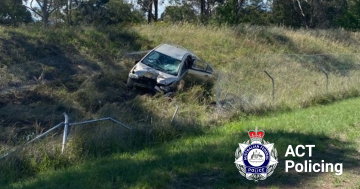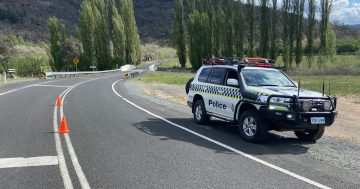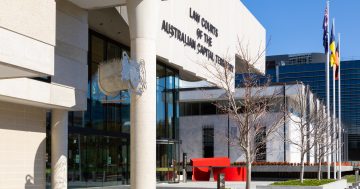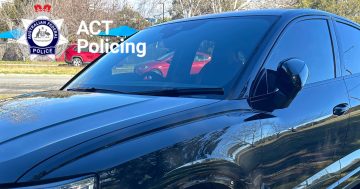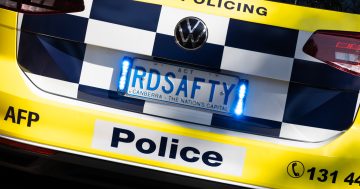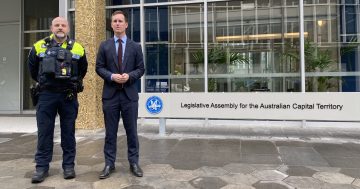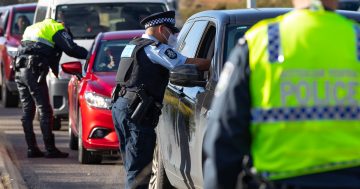Driving inbound along Parkes Way last night I was pleased to see a big RBT operation set up testing outbound traffic about 600-700 metres past the Bindubi Street exit. Judging by the number of cars left on the side of the road it looked like the police has successfully removed quite a few drink drivers from our roads.
However, as I waited at the Bindubi Street lights I saw in my rear-view mirror a number of outbound cars perform illegal u-turns over the median strip and high-tail it down Bindubi Street when they spotted the booze bus up ahead.
I was a little surprised that the RBT operation was set up in a place where people could see it a long way off and take action to avoid it. I was also surprised that there wasn’t a least 1 police officer stationed down near the Bindubi Street lights ready to catch people trying to avoid the breathalyser.
Most of all, I was furious at the pricks who were driving drunk on the road and avoiding responsibility for breaking the law.
Should the police be more careful about policing those avoiding the RBTs? Should there be much more severe penalties for drink drivers caught trying to avoid the tests? Am I wrong, and was there a police car further down Bindubi Street testing people there are well? Why is the site of RBT operations so rare that drink drivers figure it is worth taking the risk driving home drunk?
As for those of you who think it is ok to get behind the wheel when you’re drunk, I can only assume you have never experienced the grief of having a loved one killed by a drink driver. To me, the current punishments handed out to you do not reflect the severity of the crime you are committing.












